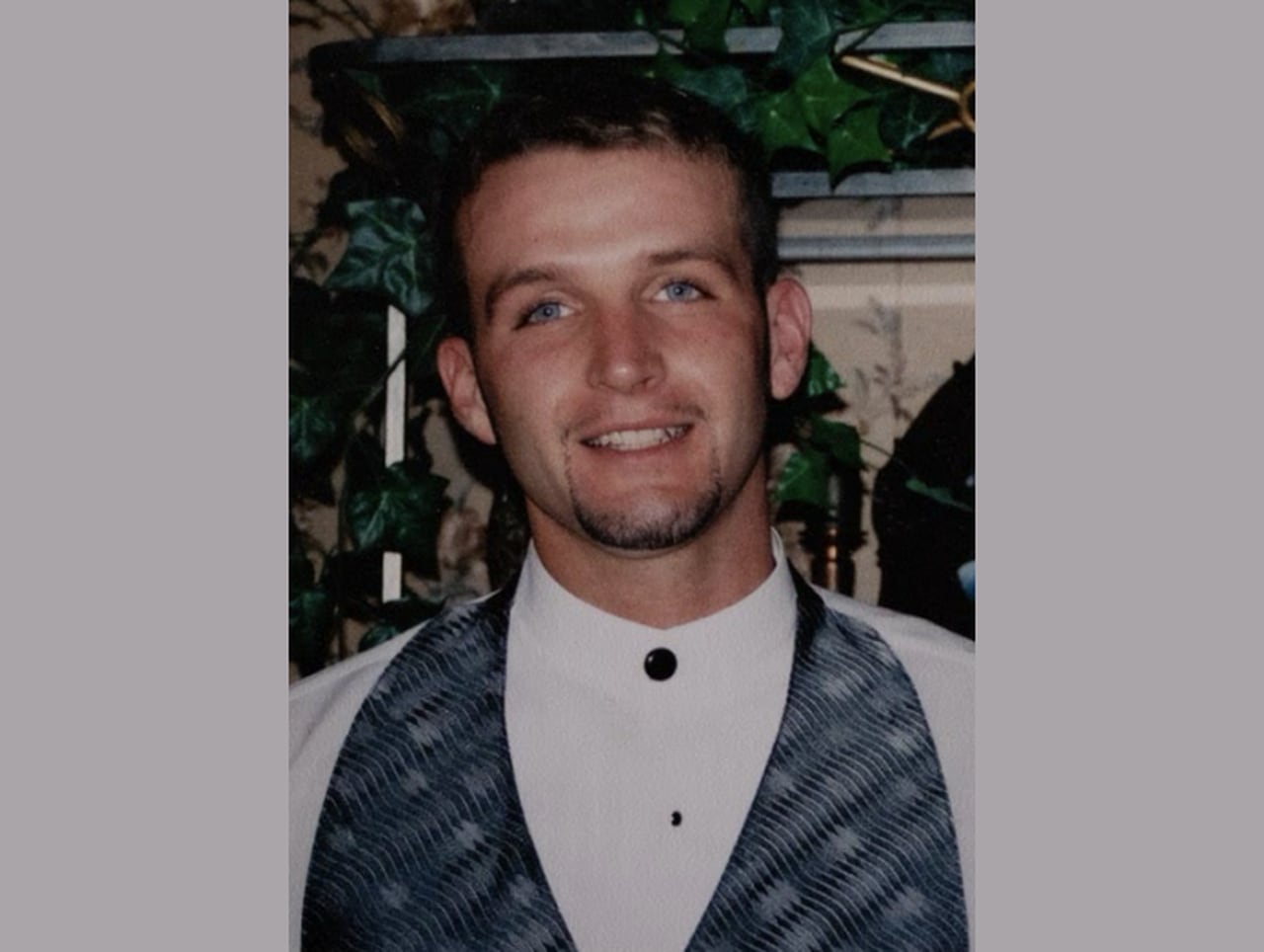Dead Alabama prisonerâs body returned without a heart, family says
A former inmate’s family is suing Alabama’s prison system saying the man’s body was returned to them missing his heart.
Brandon Clay Dotson was found dead at Ventress Correctional Facility on November 16. It wasn’t immediately clear what charge Dotson was serving time for.
The 43-year old’s family claims in a federal lawsuit that they– his mother, daughter and brother– spent days trying to obtain his body. He died after seeking help from prison officials, claiming other inmates were harming him as he failed to pay drug debts. Dotson was found dead in his bed, and the lawsuit said “his body had already begun to stiffen.”
According to the suit, filed Thursday in federal court by Birmingham attorney Lauren Faraino, Dotson’s body was released to his family on Nov. 21.
“At this point the body had not been properly stored and was severely decomposed. Despite the family’s initial wishes, they had no choice but to hold a closed casket funeral service,” said the lawsuit.
The family “suspected foul play, in part because of the Alabama Department of Corrections’ extensive and ongoing violations of basic human and constitutional rights,” said the lawsuit. The family hired pathologist Dr. Boris Datnow to conduct a second autopsy on Dotson’s body. He had already undergone a first autopsy at the Alabama Department of Forensic Sciences, which is standard procedure for inmates who die in state custody.
According to the lawsuit, Datnow discovered during his exam that Dotson did not have a heart.
“The Alabama Department of Corrections – or an agent responsible for conducting the autopsy or transporting the body to his family – had, inexplicably and without the required permission from Mr. Dotson’s next of kin, removed and retained Mr. Dotson’s heart,” the lawsuit claimed.
A spokesperson for the Alabama Department of Corrections said the department does not conduct autopsies, and that the department wouldn’t comment on pending litigation.
The family saw Dotson’s body at the funeral home, according to the lawsuit, and were told by the funeral director that “the body was highly decomposed when it arrived.”
“Based on his years of experience accepting corpses, the funeral director determined that the decomposition indicated that the body had not been properly stored while in the possession of the state.”
The family wants the “immediate return” of Dotson’s heart, according to the suit. The family claims no one has informed them where the heart is, or why it was removed.
In addition to prison officials, the lawsuit names the UAB Health System as defendants. The suit claims UAB’s School of Medicine obtained Dotson’s heart, and details a 2018 incident where medical students “noticed that a disproportionate number of the specimens they encountered during their medical training originated from individuals who had died in prison custody within the Alabama Department of Corrections.”
The lawsuit states, “Upon information and belief, (UAB medical school) is a possible intended recipient of Mr. Dotson’s heart.”
A UAB spokesperson said Friday afternoon: “We have reviewed our records, which show UAB did not perform this autopsy and has not been involved with this matter. We are making the plaintiff’s attorney aware.”
Aside from the missing heart, Dotson’s family’s lawsuit argued the prison staff didn’t prevent abuse Dotson was facing and neglected to help him —a similar claim to one included in the lawsuit filed by the Department of Justice against Alabama prisons. That lawsuit is set to go to trial next fall.
“No member in the correctional staff was available to prevent the abuse Mr. Dotson endured and the constant and unlimited access to drugs that he had, or to rescue Mr. Dotson timely to save his life, or if they were available, they ignored the warning signs and direct pleas for help when they had every opportunity to intervene and prevent the death of Mr. Dotson,” said the lawsuit.
The lawsuit also stated that when Dotson’s brother contacted the prison to retrieve Dotson’s body, the warden “expressed surprise,” adding that many families do not collect inmates’ bodies and sometimes aren’t notified of their deaths.
Court records show U.S. District Judge Madeline Haikala plans to hold an evidentiary hearing in the case. No date for the hearing has been set.
The judge also ordered lawyers for the defendants in the case, including prison officials and UAB medicine, to “direct their clients to preserve any tissue or organs that may be the subject of this action.” They are also ordered to “cease any activities that would interfere with evidence” in the case.
